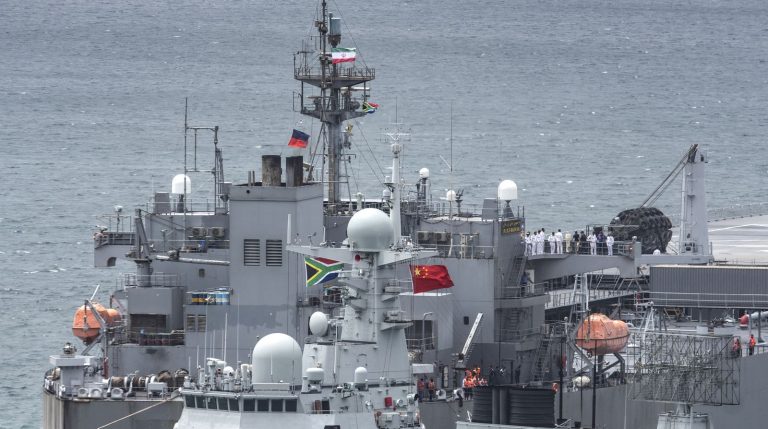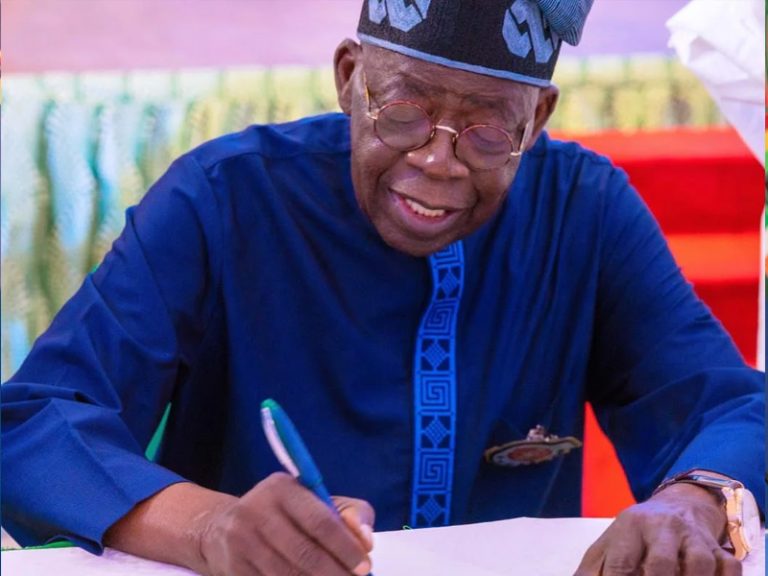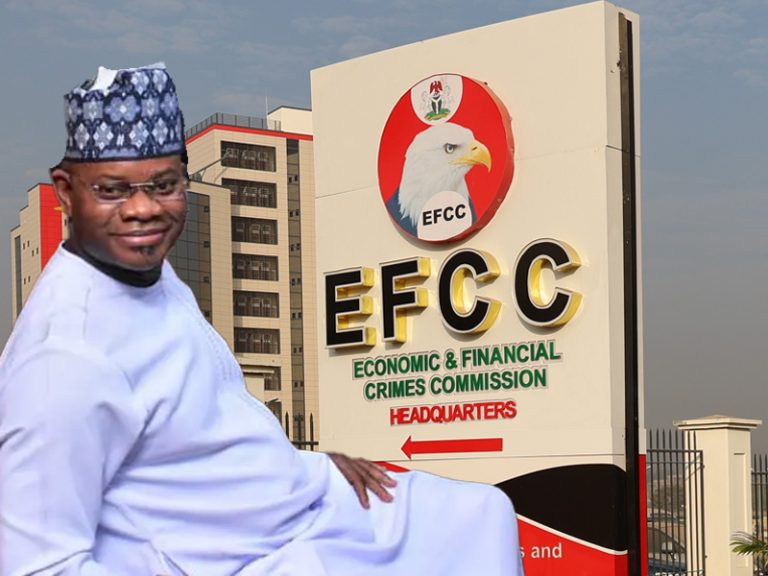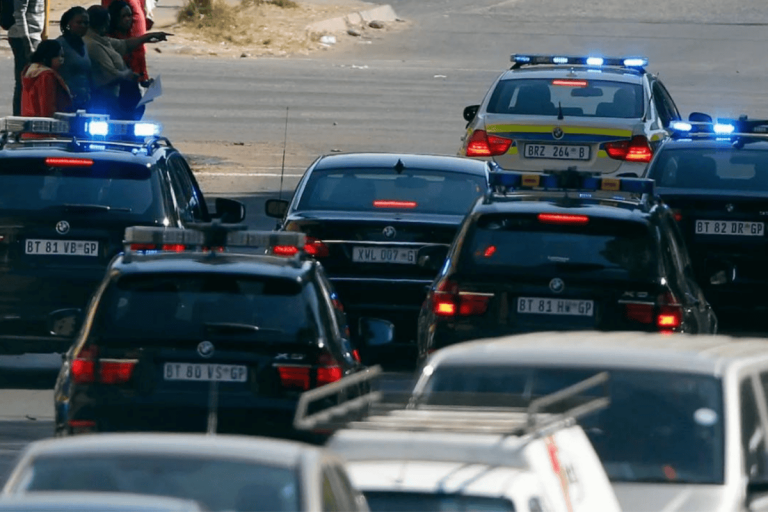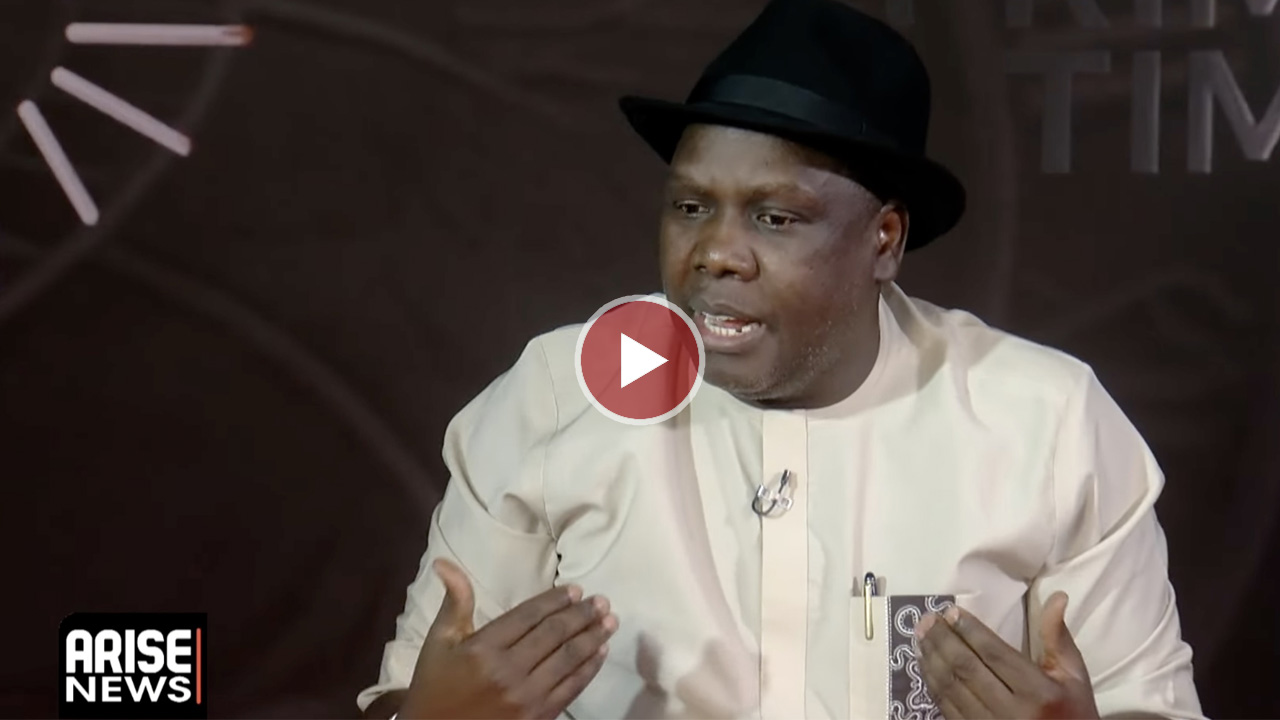

Special Adviser to the President on Media and Policy Communication, Daniel Bwala, has dismissed claims of a “Christian genocide” in Nigeria, insisting that the security challenges facing the country affect citizens across all faiths.
Speaking in an interview with ARISE News on Tuesday, Bwala said the government’s visit to the Christian Association of Nigeria (CAN) was part of ongoing engagement with faith-based organisations to counter what he described as a “false and agenda-driven narrative” being pushed internationally.
“The visit was not the first. A few days earlier, we met with the Pentecostal Fellowship of Nigeria, and next we will meet the Conference of Bishops and the Charismatic Bishops of Nigeria,” he said.
“The purpose is to continue dialogue around the so-called genocide campaign that was started outside Nigeria by Senator Ted Cruz. We have our reasons to believe why he pushed that narrative.”
Bwala clarified that the government did not visit CAN to seek endorsement but to present facts and maintain dialogue.
“We did not go there to seek endorsement or to change their mind. We already know their position—that they believe there is a Christian genocide. But the government’s position is clear: there is no genocide of Christians in Nigeria. There are security challenges affecting Nigerians across board, but not based on religion,” he said.
Addressing CAN’s reaction to a government press statement, which the association described as “false and unfair,” Bwala insisted there had been a misunderstanding.
“If we intended to misrepresent them, would we have released the full video of the meeting? Everything the CAN President said was captured there. The phrase ‘so-called Christian genocide’ was used in reference to the ongoing narrative, not as words spoken by Archbishop Daniel Okoh,” he explained.
The presidential aide also questioned the credibility of the report cited by CAN, allegedly from the Observatory for Religious Freedom in Africa, arguing that it does not support the claim of genocide.
“When I read that report, it actually strengthened our case. The data covers October 2019 to September 2023—only four months of which fall under President Tinubu’s government—and nowhere does it suggest a Christian genocide,” Bwala said. “Even in that report, Muslims are killed and abducted by the same groups. You cannot, on a proportionate percentage, then call it genocide.”
Bwala stressed that genocide requires “intentional, coordinated killing of a group based on identity—often by the state—which does not apply in Nigeria’s case.”
He said President Tinubu’s administration was investing heavily in security operations and dialogue to restore trust and peace.
“Government does not view insecurity through a religious lens. Our duty is to protect every Nigerian. The efforts being made are visible—the capture of insurgent leaders, surrendering of bandits, recovery of abducted persons. Insecurity cannot end overnight, but the government is working tirelessly,” he said.
Bwala revealed that he would soon travel to the United States to engage with key legislators, including Senator John Thune and the Chairman of the Senate Committee on Foreign Relations, to counter what he described as disinformation campaigns about Nigeria.
“We are not looking for lobbyists. We are matching disinformation with facts,” he said. “The difference with President Tinubu is that he is open to dialogue and constructive engagement. That is why he sent us on these visits—to engage, to listen, and to respond.”
Bwala concluded that the administration values ongoing dialogue with religious groups and remains committed to addressing all security challenges facing Nigerians, irrespective of faith.
“We appeal that no one should politicise insecurity. Let us face it for what it is. The government is accountable, and we are engaging sincerely,” he said.
Boluwatife Enome
